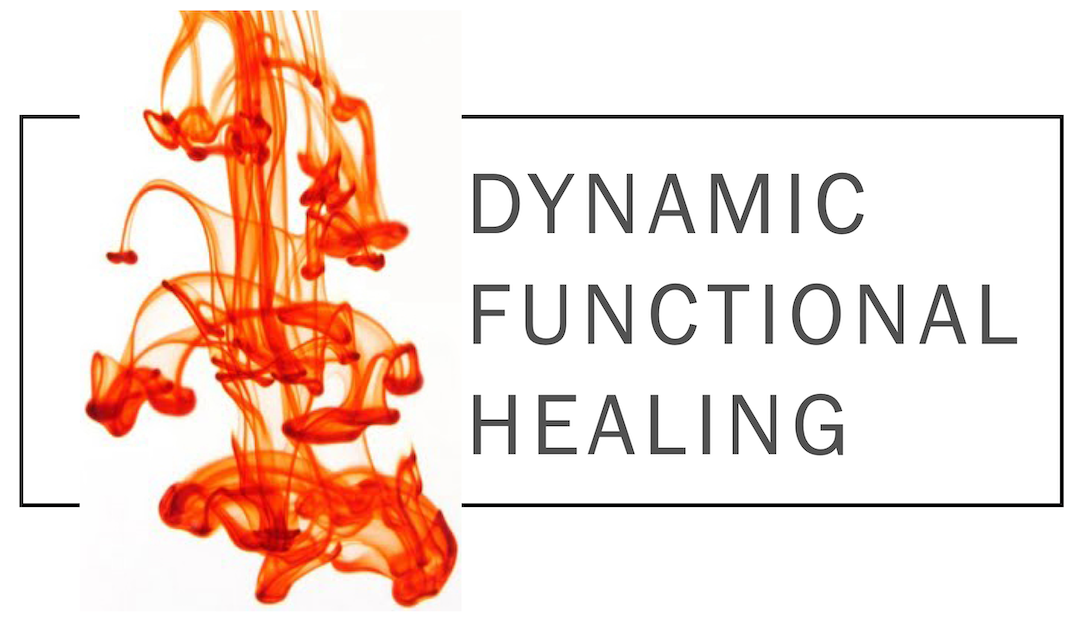What complete protein prevents cancer, mediates radiation exposure, seeds probiotics in the intestines, & chelates heavy metals??? Perhaps the most researched food on the planet—miso. Very different from its non-fermented cousin, soy, it boasts a boat-load of healing accomplishments with regular consumption.
In June 2003 Yamamato, S., et al. published their study showing that regular consumption of miso afforded protection from breast cancer, with an increase in consumption paralleling an increase in protection, particularly for postmenopausal women—up to 50% more protection compared to those who don’t partake.
Many studies of Nagasaki and Hiroshima survivors show that those who had a regular diet of miso fared far less effects from radiation than those who had little in their diets. Further research supports these findings.
The isoflavanoids also protect against heart disease and strengthen immune system and bones. Miso provides powerful antioxidants, protecting cells from free radicals (think anti-aging). It aids in the digestion and bioavailability of other foods, especially minerals. It’s a complete protein because it contains all of the essential amino acids—essential, meaning we need them in order to make proteins but we can’t produce them on our own.
Surely you’re sold already. But there’s more. I have a cup every night in order to stave off night-time eating. It contains fiber which keeps you regular—and filled. There’s not another food on this planet that can boast as much. Thank you, miso!
Remember not to place miso in boiling water as the heat will kill the beneficial bacteria. Water should be warm/hot but not boiling.
(JNCI: Journal of the National Cancer Institute, Volume 95, Issue 12, 18 June 2003, Pages 906–913, https://doi.org/10.1093/jnci/95.12.906)
(https://www.ncbi.nlm.nih.gov/pmc/articles/PMC3695331/)
(https://www.ncbi.nlm.nih.gov/pmc/articles/PMC3800250/)
(https://www.naturalnews.com/049769_miso_radioprotective_effects_Hiroshima_survivors.html)
(https://www.huffpost.com/entry/radiation-misos-hopeful-h_b_836744)

